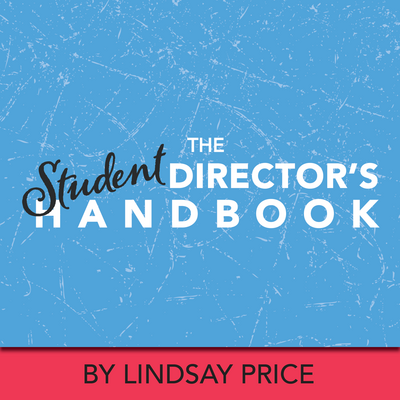The Drama Classroom: Divergent Learning
There is no more class that is more divergent than the drama classroom. You have the vast number of different students who end up in your classroom, some who want to be there and some who don’t. You also have the ability to look for many different solutions to a problem in the drama classroom.
Playwright and teacher Steven Stack knows first hand that theatre is the perfect place for divergent learning to happen. Here are 5 tips he has from the the front lines:
What is Divergent Learning?
Divergent learning means to look for as many possible answers and solutions to the topic and material you are teaching. It’s looking at students not as a group of students but as a group of individuals. You adjust your teaching, your expectations, and your perspectives to the individual student. This way you can give them what they need to be better students, to learn more efficiently, and in some ways, to be better at life.
How can I incorporate Divergent Learning in my classroom?
- Change your perspective. Divergency is not something to be feared. It’s an opportunity to reach these students on so many levels and that’s the big thing. It’s a perspective shift.
- Be willing to adjust. Understand that students are going to take you in various directions.
- Create a community that embraces differences and supports one another.
Where do I start?
Here are a few ways Steven addresses divergent learners in his classroom:
Community Building ‘Check In’s’:
Students start each class by sharing (if they want to) something that’s on their minds. It can be funny; it can be what they had for breakfast; it can be something that’s stressing them out. But they share and everyone else listens. The sharing isn’t complicated, it’s one basic fact about themselves. Those in the circle don’t address or comment on what they hear. The teacher has to share something asl well. It’s a simple exercise but it starts creating community. It’s safe and students are listening to one another.
Group Projects with Success based on Process
Give students the challenge to audition, cast, stage, and perform a play within a week. Give them the script on Monday and tell them the performance is Friday. The students either succeed or they don’t succeed together. There are no stars. They have to work together for success.
And the success is not based on the performance. It’s based on the process. If they did their best, that means they tried to put it together, they worked hard, and everybody was working together. They faced struggles but they dealt with those struggles. It’s an amazing exercise.
Get Students to Discover Multiple Perspectives
It’s critical to get students to take ownership of their learning decisions. Tell students: “When you’re answering this, don’t give me the answer you think I want. I don’t want that. I want you to own it. You do what you think is right.”
Do a quote of the day where you pick various quotes about life, about empathy, various things about learning, and write them on the board. Have students reflect either in their drama journals or on a separate piece of paper. Ask them: What does this quote mean to you?
Each day, push them to think a little more. The hope is that you plant these seeds and slowly see the progress as the students start to evolve their thinking, as they start to see that there are other viewpoints rather than just their own and other teachers. And then, they start to expand their thought process.
Click here to listen to the full podcast or read the transcript.
Related Articles
The Student Director's Handbook
by Lindsay Price
Help students take their show from first audition to opening night with The Student Director’s Handbook. This easy-to-use ebook is full of guidelines, tips and templates designed to help students create a vision, circumvent problems and organize rehearsals on their way to a successful production.
The Rehearsal Companion
by Kerry Hishon
You’ve chosen the play, paid the royalties, done the script analysis, held your auditions, and cast the show. Tomorrow is the first rehearsal. Are you ready? Really ready? The Rehearsal Companion can help!





